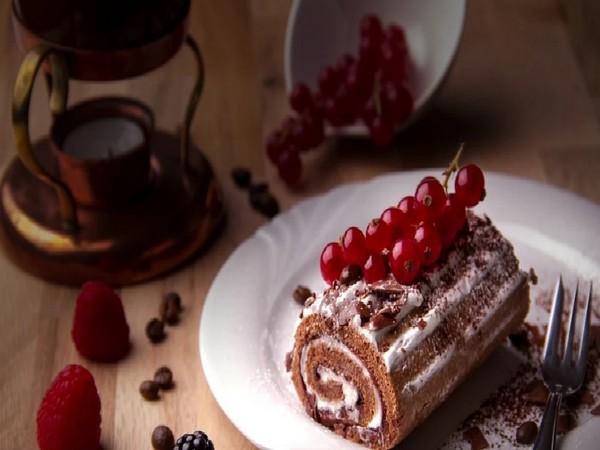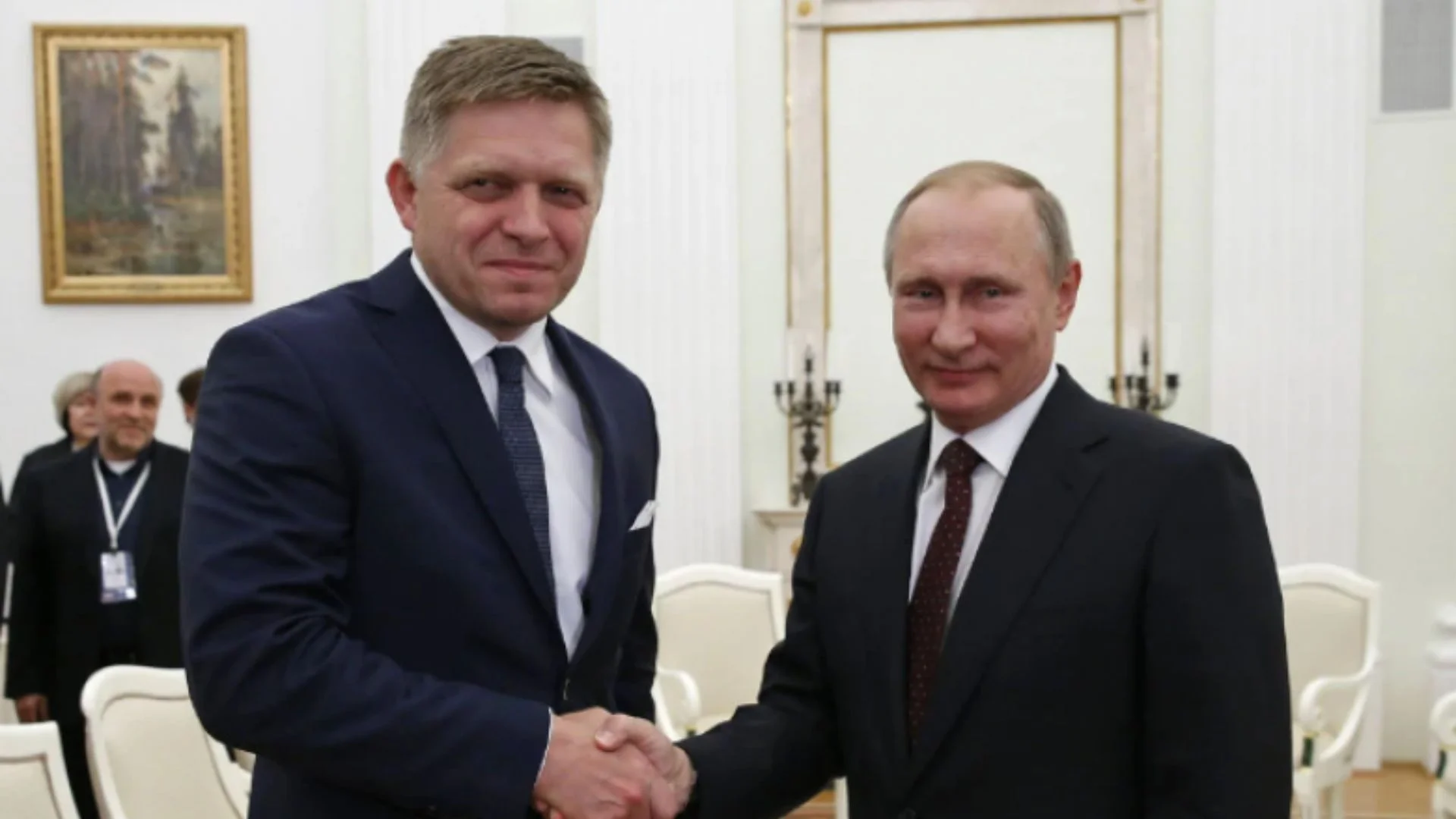FOOD
What does that word mean for you? Fitness. Struggle. Guilt. Dieting. Addiction. Fear. Love. Comfort. Stop for a moment and consciously acknowledge the thoughts & emotions that immediately spring to your mind and you’ll realize your relationship with food. Food is central to our existence. It is the single most important factor that drives our physical health, stamina, mood & even relationships which is why I always make a discussion about food choices an important part of my clinical practice. One of the most striking observations I’ve made over the years is how each of us invariably but mostly unconsciously link our daily food choices with emotions. I call it ‘Eating our emotions” – eating because we’re sad or disturbed or anxious. Eating for celebrations, for love, for comfort while dealing with loss but not as much for sustenance. The human brain has a natural tendency of self-preservation. It is does not like change and is wired to avoid pain. In our fast-paced city lives with multiple daily challenges and overwhelming expectations, food thus becomes the easiest solace. Our brain memorizes the surge of ‘happy’ Dopamine from what feels comforting, safe, uplifting and gratifying – like comfort food or even our popular Instagram post about food. The brain cannot differentiate the Dopamine released after a high carbohydrate snack from that stimulated by exercise, meditation, music, or a meaningful connection. This is the reason most of us eat what ‘feels good’ and reject what sound difficult – like “Dieting” or “Healthy food”. Consequently, a difficult relationship with food develops. This in turn leads to guilt & fear and even to complicated clinical eating disorders. Many people gained weight during the pandemic not as much from lack of exercise as from using food to deal with the stress. Clearly, we are not eating mindfully. Mindful eating starts when we make the brain believe “diet” is a happy, positive noun meaning nourishing, feel-good food and NOT a difficult verb meaning “eating less or unpalatable food to lose weight.” An easy yet highly- effective trick can help us achieve this – stop for a moment before eating to consciously look at everything on your plate and ask yourself these questionsAm I being honest about how this food will affect my body & mind? Are there enough colors, meaning a variety of vegetables rich in anti-oxidants that fight stress, memory loss, cancer, make hair shine and skin glow? Is there enough fibre to support a healthy gut? Are there healthy and right amounts of carbohydrates & proteins to keep the muscles supple; blood sugar, pressure and weight in check? When we repeat this exercise of voluntarily choosing before each meal, the brain soon begins to feel good about being allowed to take a decision instead of being forced into a diet. Soon we automatically start looking forward to food that is truly nourishing; we will have successfully changed the definition of “comfort food”. Maya Angelou had once said, “The best comfort food will always be greens, cornbread and fried chicken”. This, of course, is not literal. If you prefer a vegetarian fare, go on and substitute fried chicken with a variety of healthy choices – perhaps fried soya chunks, baked cottage cheese, roasted sweet potatoes, green peas, baked seasonal vegetables, cow peas & kidney beans. Add butter, add honey, drink soup. Get creative with the natural colors & aroma of fresh seasonal produce. Create a painting on your plate! Embrace the sense of elation and joy that now comes not just because you feel physically fitter from healthier food choices but also because there’s that sense of inner accomplishment from being in control of an important part of life, even though other parts might feel difficult. Above all, don’t feel guilty about that sudden, secret sweet indulgence. Balance it out. Because what is life without cake or chocolate?
Dr Geetalima Dutta is a surgeon, photographer, traveller, animal and plant whisperer







